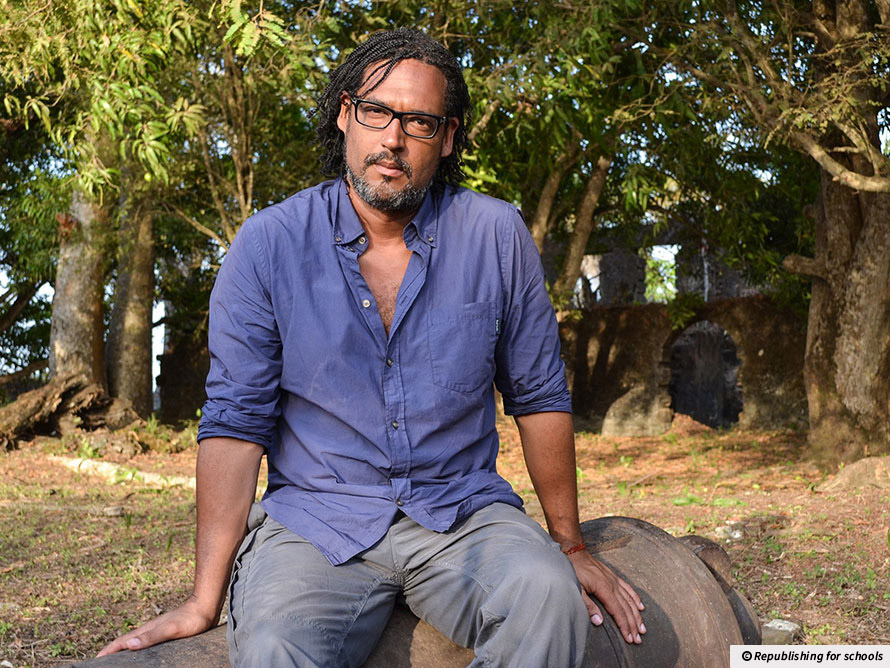Should history lessons be uncomfortable? David Olusoga's new TV series is telling a new story about the (dis-)United Kingdom. Some would rather we just let sleeping dogs lie.
The historian who wants to rewrite the story

Glossary
Saltire - A diagonal X-shaped cross, often on a flag.
Henry VIII - The King of England from 1509 to 1547, best known for his six wives.
Dyslexia - A common learning difficulty involving reading, writing and spelling.
Master's degree - An advanced. academic degree. Master's degrees are taken by people who have already got one degree from a university.
Yoruba - A language mainly spoken in southwestern Nigeria and Benin.
Geordie - People from Tyneside/Newcastle in North East England.
Florida - A coastal state in the south-east of the US, between the Atlantic Ocean and the Gulf of Mexico. Though nicknamed "the sunshine state", it also experiences phenomenal rainstorms.
White privilege - The idea that White people are advantaged in society due to being protected from any discrimination based on ethnicity or race.
